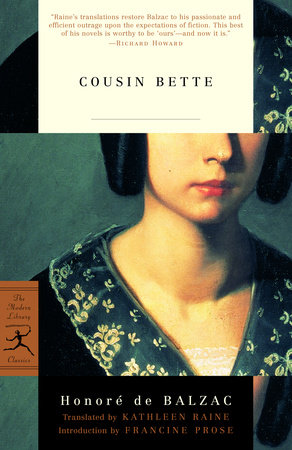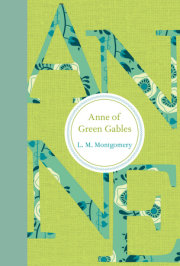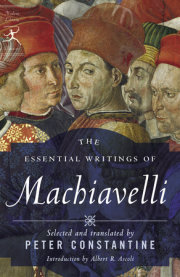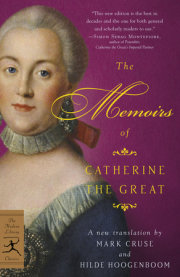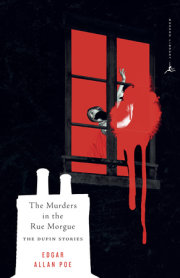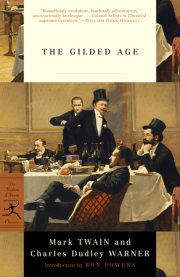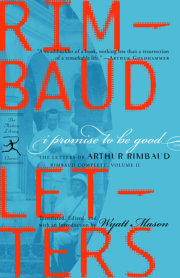Chapter I
Toward the middle of the month of July, in the year 1838, one of those vehicles called milords that had lately made their appearance in Paris drove along the Rue de l’Université, carrying a heavily built man of middle height in the uniform of a captain of the National Guard.
Among Parisians, of whose intelligence we hear so much, there are some who think themselves infinitely better men in uniform than in their ordinary clothes, and who imagine that the taste of women is so depraved that they will be favorably impressed—so they fancy—by the sight of a busby and military trappings.
The features of this captain of the second company expressed a self-satisfaction that gave a positive radiance to his ruddy complexion and his rather chubby face. This halo, bestowed upon the brows of retired tradesmen by money made in business, marked him out as one of the elect of Paris—an ex–deputy mayor of his district at least. And, needless to say, the ribbon of the Legion of Honor adorned his chest, which was dashingly padded out in the Prussian style.
Proudly ensconced in the corner of the milord, this decorated gentleman allowed his attention to stray over the passers-by—who, in Paris, often in this way come in for pleasant smiles meant for beautiful eyes that are not present.
The milord stopped in the part of the road between the Rue de Bellechasse and the Rue de Bourgogne, at the door of a large house that had recently been built on part of the court of an old mansion standing in its own garden. The mansion had been preserved, and remained in its original condition at the end of the court, whose size had been reduced by half.
The way in which the captain accepted the help of the driver as he got down from the milord was enough in itself to betray a man in his fifties. There are certain movements whose manifest heaviness is as indiscreet as a birth certificate.
The captain drew his yellow glove on to his right hand again, and without consulting the concierge, made his way toward the flight of steps leading to the ground floor of the mansion, with an air that meant “She is mine!”
Paris porters take things in at a glance; they never stop decorated gentlemen of heavy gait who wear blue uniforms. In other words, they recognize money when they see it.
This whole ground floor was occupied by the Baron Hulot d’Ervy, Commissary-General under the Republic, late officer-in-charge of the Army Commissariat, and now head of one of the principal departments of the War Ministry, Councilor of State, a senior officer of the Legion of Honor, and so on and so forth.
Baron Hulot had himself taken the name of d’Ervy, his birthplace, in order to distinguish himself from his brother, the celebrated General Hulot, colonel of the grenadiers of the Imperial Guard, created Count de Forzheim by the Emperor after the campaign of 1809.
The elder brother, the Count, to whose charge the younger brother had been committed, had, with paternal prudence, placed him in military administration, in which, thanks to the services of both brothers, the Baron had won, and indeed deserved, the favor of Napoleon. From the year 1807 Baron Hulot had been Commissary General of the armies in Spain.
After ringing, the bourgeois captain made desperate efforts to straighten his coat, which had wrinkled up both in front and behind—the result of a prominent corporation. Admitted on sight by a manservant in uniform, this important and imposing man followed the maid, who announced, as she opened the door of the drawing room, “Monsieur Crevel!”
On hearing this name, so admirably suited to the figure of its bearer, a tall, fair, well-preserved woman rose as if she had received an electric shock.
“Hortense, my angel, go into the garden with your cousin Bette,” she said quietly to her daughter, who was working at her embroidery a little distance away.
After making a gracious bow to the captain, Mademoiselle Hortense Hulot went out by a French window, taking with her a dried-up spinster who looked older than the Baroness, although she was five years younger.
“It is about your marriage,” Cousin Bette whispered in the ear of her young cousin Hortense, without seeming to be in the least offended by the way in which the Baroness had sent them away, treating her as of almost no consequence.
This cousin’s style of dress would, if need be, have accounted for this lack of ceremony.
The old maid was dressed in a maroon-colored merino dress, whose cut and trimmings suggested the Restoration,an embroidered collar worth about three francs, and a stitched straw hat with blue satin bows edged with straw, of the kind worn by old-clothes women in the market. At the sight of her kid slippers, whose style suggested a fourth-rate shoe shop, a stranger would have hesitated before greeting Cousin Bette as a relation of the family, for she looked just like a daily sewing woman. Nevertheless, the old maid gave a little friendly nod to Monsieur Crevel as she went out, a greeting to which that personage replied with a look of mutual understanding.
Copyright © 2002 by Honore de Balzac Translated by Kathleen Raine; Introduction by Francine Prose. All rights reserved. No part of this excerpt may be reproduced or reprinted without permission in writing from the publisher.

